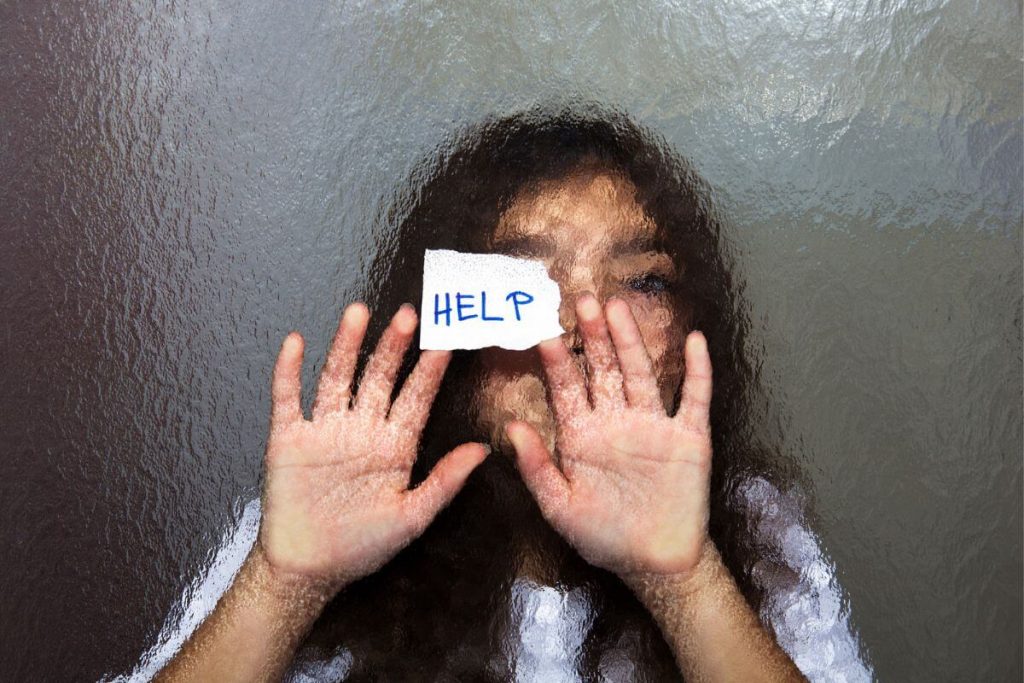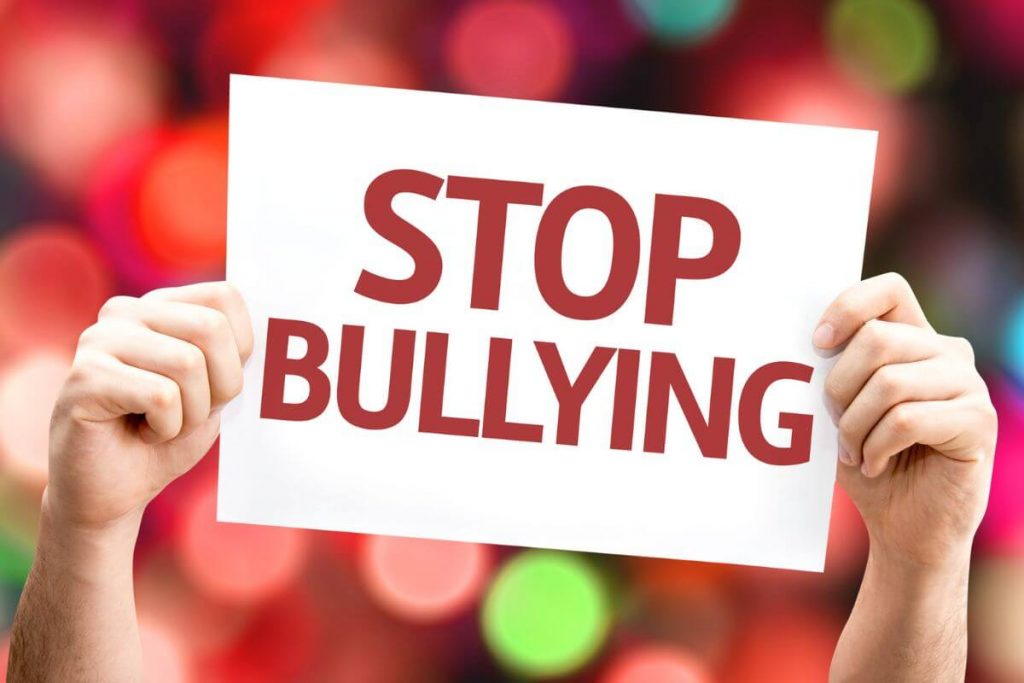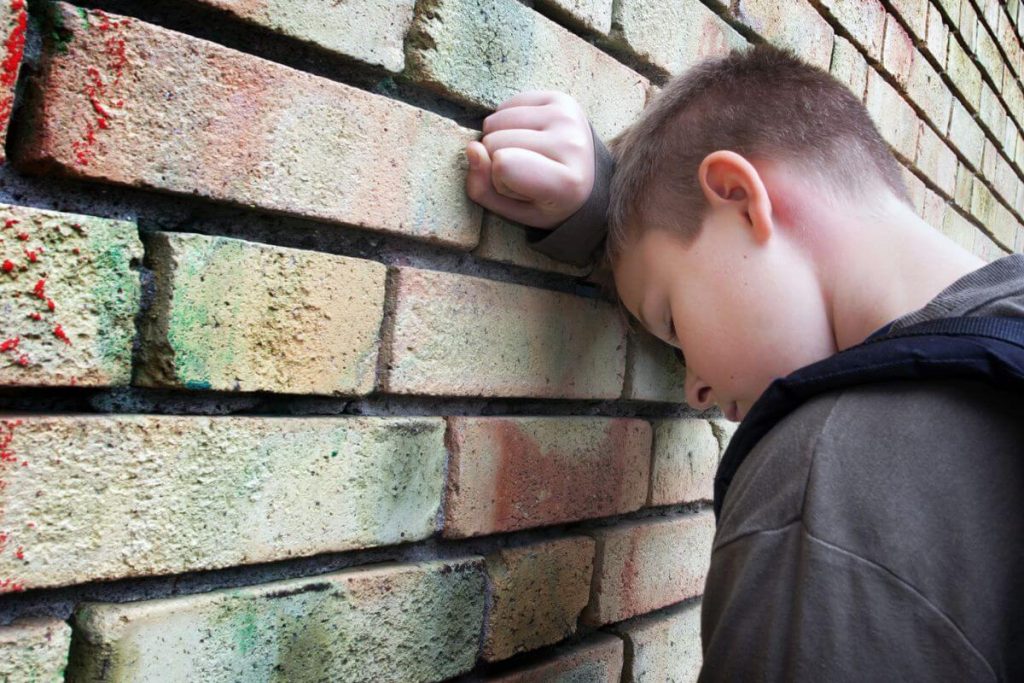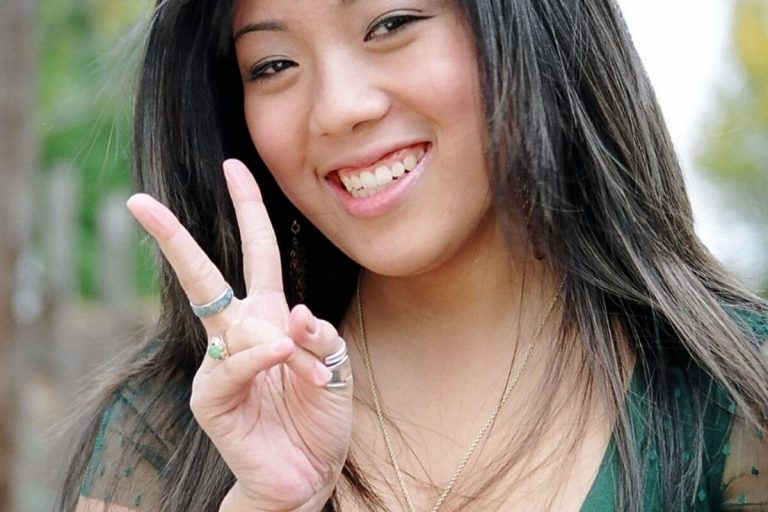23 Bullying Survivors Speak Out to Say You Will Be OKAY
I recently participated in an online panel of 23 bullying survivors who told their stories of bullying and how they managed to survive. These survivors were victims of workplace bullying, childhood bullying, domestic abuse, peer abuse, sexual harassment, and other forms of bullying. Today they are all successful and happy survivors who want to share the message that YOU WILL BE OKAY.
Here in this article, I have summarized 9 of the best recommendations from these 23 inspirational and passionate adult survivors who want to be part of the national narrative to put an end to bullying of all kinds.

We Are Bullying Survivors!
The lovely and talented Regeline Gigi Sabbat, Founder and CEO of the Life Service Center of America, LLC, put together this virtual panel of bullying survivors to share their stories of bullying and how they not only survived, but thrived. The stories are both inspirational and motivational.
Some of these stories of bullying victims will probably resonate with you because you may have similar experiences yourself, or possibly have been a witness to similar situations where others are bullied.
Adult survivors of childhood bullying are often passionate about putting an end to bullying in all environments. They remember the hurt, embarrassment, shame, fear, and other emotions that linger to this day. But they have overcome those emotional responses enough to move forward and let others know that they will be OKAY, too.
Adults who have been bullied in the workplace often don’t know how to deal with the problem, but there are solutions that work even though it can be difficult. Some people choose to move on and leave the situation. Others choose to learn how to fight it through Human Resources. Outcomes vary, but you can still be OKAY.
And there are many other kinds of bullying that are addressed by the speakers on the Global Virtual Panel of Bullying Survivors. These speakers are helping to raise awareness and educate others about bullying. Plus, the event serves as a survivors resource and motivational training.

Workplace Bullying
Workplace Bullying Institute (WBI), founded by Drs. Gary Namie and Ruth Namie, is an outstanding resource for those who are being bullied in the workplace. They identify what workplace bullying is and is not — and move you through the process of creating a personal action plan.
Drs. Namie founded WBI in 1997 and identify workplace bullying as an epidemic today! WBI provides you with information about the negative effects of bullying and even explains how it impacts your family members. Survivors of workplace bullying often experience mental health issues, anxiety disorders, and even thoughts of suicide.
It’s essential to solve your problem with workplace bullying before it causes serious repercussions. Learn how to deal with adult bullies; develop an understanding of why people bully; and learn the characteristics of an adult bully so you can be empowered to deal with it and overcome it.
Childhood Bullying
Childhood bullying has been a serious problem for many years. Both school bullying and domestic violence can have a lifelong impact on victims.
Victims of bullying recall horrendous stories of childhood trauma in elementary school, the middle school years, and high school despite school leaders promising a safe environment for all students. Unfortunately, schools are often not a safe place. Most people believe that schools are still not doing enough to prevent bullying.
Adults report serious childhood bullying issues in school over sexual orientation, appearance, clothes, friends, and even personality. Victims report that former classmates were often vicious and school leaders did nothing to stop the behavior.
As social media became more popular in the 21st century, abuse became even worse because it would spread to social media. Unfortunately, there were no rules in effect for bullying over social media. Even to this day, there are few rules in effect to deal with social media harassment and bullying.
Survivors of bullying also recall childhood domestic violence and child abuse that includes emotional abuse. physical abuse, and even sexual abuse of the child or other family members.

Other Kinds of Bullying
Did you know purposefully excluding someone is a form of bullying? What about intentionally humiliating someone in front of others? What about spreading rumors that are intended to ruin someone’s reputation?
These are all forms of bullying. There’s also cyber bullying, physical bullying, verbal bullying, social bullying, prejudicial bullying, relational aggression, indifferent bullying, and many more kinds of bullying.
All kinds of bullying can be detrimental to the victim and witnesses of the bullying. Observers of bullying can have emotional health issues as much as the victim.
Bullying is widespread across many environments, age-groups, ethnic groups, workplaces, cultural groups, personal relationships, and more. We must do something to put an end to all kinds of bullying.
The change can start with you and me! Always choose kindness and be a good example of how to treat others!

What Do Bullying Victims Need to Know?
If you are a victim of bullying, survivors recommend these 9 tips to help you achieve peace and put the experience(s) behind you. But you can also watch the online forum and hear exactly what all 23 bullying survivors think and feel about how they have survived and thrived.
Remember, these are amazing people just like you and me in all kinds of fields who have survived and want to be a part of putting an end to bullying. They are also powerfully inspirational and brave to share their stories in an effort to help others.
If you are a victim of bullying, YOU WILL BE OKAY. Start with these 9 tips and you’ll begin to feel more positive and empowered very soon!
1. Acknowledge the Past Bullying
Many people spend years pondering past bullying experiences and carrying those feelings around in their heart and soul. This is not helping you move forward and past the experiences.
Bullying victims can feel guilt or shame about being bullied; they can try to minimize it and pretend it didn’t happen; they can even self-blame for the experiences. These negative emotions prevent you from letting go of the experiences.
The only way to move past the bullying is to acknowledge that it occurred and fully believe that you were not the problem. If you are unable to get to this point on your own, please consider seeking professional help.
2. Prioritize Your Health and Recovery
It’s essential to prioritize your health and recovery from the bullying experiences. You cannot pretend it didn’t happen.
Victims can develop many different kind of illnesses that negatively impact their lives. It’s heartbreaking to hear stories and know that people have neglected to realize their health issues are related to past bullying experiences.
People can develop anxiety, depression, eating disorders, headaches, insomnia, PTSD, stress, and even physical symptoms related to mental health disorders.
Take your health seriously and talk with your doctor about your situation and symptoms. Seek new perspectives that help you understand how your bullying experiences could be negatively impacting your health. Explore all possibilities for recovery; be open to a variety of ideas, both traditional and non-traditional.

3. Seek Support from a Trusted Person
This recommendation from bullying survivors goes hand-in-hand with the first two tips for victims. Don’t try to deal with this bullying problem alone.
Seek support from a trusted friend, family member, church member, or even a professional counselor. You should expose yourself to trusted people who have positive attitudes and can encourage you to deal with the past and then let it go for good.
Avoid isolating yourself because of what a bully has said or done to you. Do not try to go through the healing process alone. It’s not a healthy way to address the problem.
4. Recognize Your Value and Worth
A bully can tear down your confidence and self-worth, leaving you questioning your value as a human. If you are struggling with your value and worth, you need to make some changes. Don’t let the bully’s lies steal your value.
Again, professional counseling can help you replace the lies with truths about yourself. But you can also use a Daily Journal for healing and recovery to focus on your positive attributes. You can use Daily Positive Affirmations that help retrain your brain with positive thoughts about yourself to build your self-confidence, too!
Focus on kindness toward others, also. Put kindness and compassion out in the world because it will remind you how it feels to be valuable and important to others.
5. Reclaim Control and Confidence
Remember, you can’t control how other people behave or what happens in the world around you, but you CAN control how you react to everything. Including bullying. Don’t let the bully have power over your life.
Remind yourself that you have choices in life and it’s your choice to take control over what happened to you. It’s your choice how you live your life. You can make healthy choices as you work through your recovery. So reclaim your control and confidence with a positive mindset.
6. Focus on Personal Growth
Personal growth is essential for everyone in life, but when you are suffering, it’s even more important. Bullying survivors consistently share that they focus on personal growth to help grow through the pain of bullying and recover using healthy strategies.
Part of your personal growth includes these 9 tips from bullying survivors. They are valuable to your recovery and growth.
But once you are in recovery from your bullying experiences, evaluate your strengths and weaknesses. Take a survey of your interests and think about how you can use those interests to expand your knowledge-base.
How can you continue to grow and develop? How can you improve your areas of weakness? Should you take a class to become better at something? Should you learn to set boundaries? Should you volunteer in your community to meet new people? There are so many things you can do for personal growth!

7. Find Your Passion and Purpose
Bullying survivors recommend that you work on finding your passion and purpose as you go through the recovery process. What makes you excited? How can you use that to make a difference to others?
You may realize you are a nurturer and want to work with other bullying survivors. Maybe you should start a community support group for bullying survivors.
Or you may realize that you have a passion for prioritizing your health. Maybe it’s time to join a local gym and start collecting healthy recipes to make for you and your family.
Maybe you’ve realized you have excellent speaking skills when you proudly talk about being a bullying survivor. You could contact local citizen groups, church groups, schools, community centers, and other groups to offer your speaking skills for a meeting. You could become a bullying survivor advocate.
Find your passion and purpose. You’ll forget those ugly bullying experiences!
8. Forgive the Bullies
As you work through your bullying experiences, most bullying survivors report that it’s helpful to forgive the bullies. This might be easier for some people than others, but it will free your mind of negative emotions.
Try to remember that happy people don’t bully other people. And happy people don’t treat other people badly. Bullies are unhappy people who treat others poorly because they have their own personal issues.
Bullies might lack anger management skills; they might have little respect for authority; they might lack empathy for others. Bullies have a variety of personal issues that cause them to be unkind to others. Consider forgiveness — if for no other reason than to free your negative emotions.
9. Let Go of the Past
After you have embraced these 9 tips and spent some time living with them, then it will be time to let go of the past. You don’t have to pretend to forget about the bullying experiences. But you’ll now be empowered to NOT let them control your thoughts, actions, and feelings.
You will develop the understanding that the bullying you experienced does not define you. You will rediscover who you are and be able to close the door on the past. You’ve got this!

Final Thoughts about Bullying Survivors Who Are Speaking Out!
At the end of the day, all bullying victims need to know YOU WILL BE OKAY! Survivors are speaking out more everyday — even Dr. Phil did an extensive show on workplace bullying recently! He’s also doing a show about childhood bullying soon. We need to make bullying a national conversation now more than ever.
We need to consistently and loudly advocate for a safe learning environment for every student in schools across America. Bullying begins in our elementary schools and can continue through college. Anti-bullying policies need to be a focus in all educational settings.
We also need to empower victims of bullying with self-confidence. Victims need to know that they can report bullying to leadership and there will be negative consequences for the bully. Victims of bullying must know how to carry themselves with confidence, know exactly where to find support, and know how to manage the reporting process through Human Resources.
Related Article: 2022 List of Best Books on Confidence and Assertiveness
Victims of bullying need to understand that there is help available for health problems and suicidal thoughts that are brought on by bullying.
**If you or someone you know may be struggling with suicidal thoughts, you can call the U.S. National Suicide Prevention Lifeline at 800-273-TALK (8255) any time day or night, or chat online. Crisis Text Line also provides free, 24/7, confidential support via text message to people in crisis when they dial 741741.**
Victims of bullying need to clearly understand that people who bully have serious personal problems. Bullying has less to do with the victim than with the bully.
As a society, we must all be kinder and more compassionate toward each other in all settings. Bullies will be less inclined to bully if they are surrounded by people who are compassionate, considerate, and kind. They will likely even be intimidated by the kindness around them — maybe they will even learn some new behaviors:)
And despite our initial thoughts to be unkind or negative toward bullies, we should remember that they need kindness, too.
Love to ALL! ~ Susan
Are You a Survivor of Bullying? Do You Know Bullying Victims Who Have Spoken Out Against Bullying?
Please share your story and/or thoughts in the comment section below. Share, support, and inspire others with your words and experiences:)







